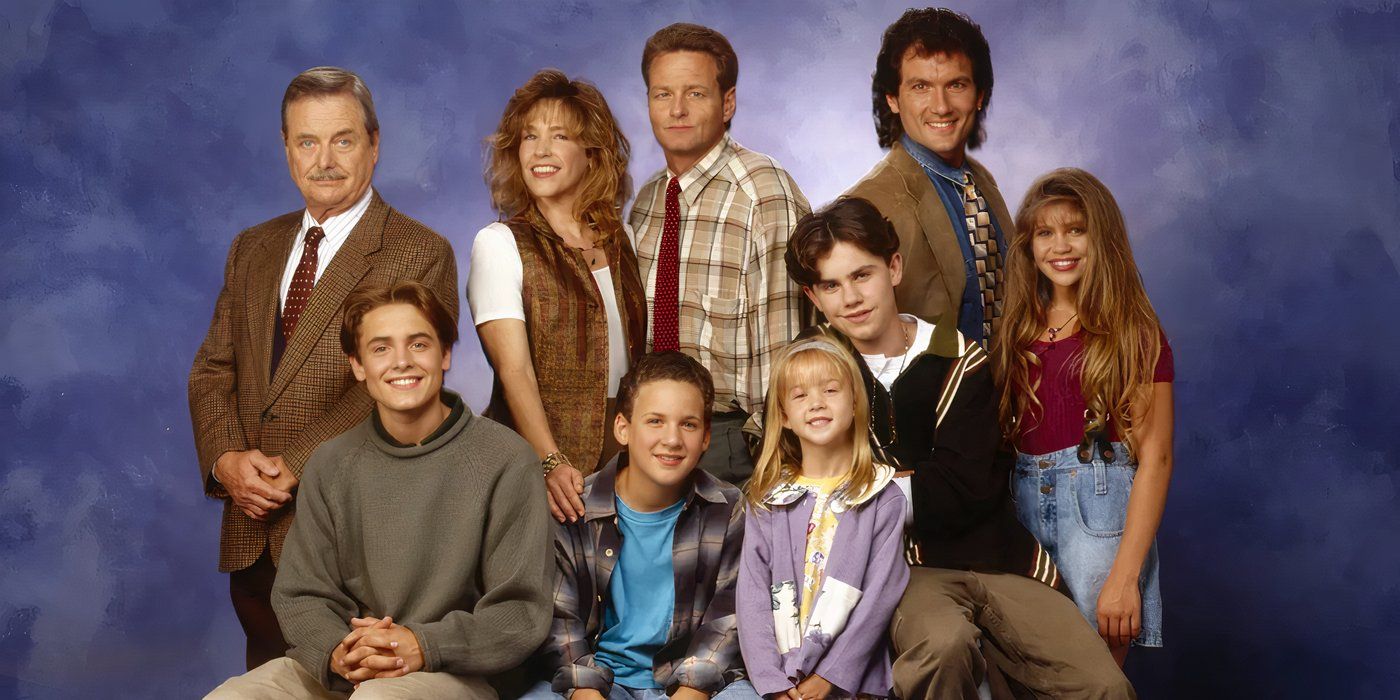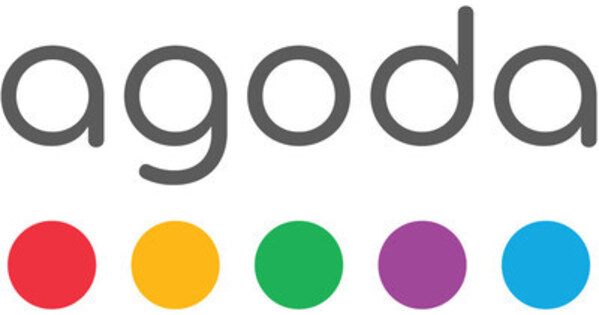Gambling
Aussie Father Pissed Spotify Allows Gambling Ads on Kid’s Songs

Photo Credit: Spotify
Australian gambling agency Sportsbet pauses advertising with Spotify after its ads were allegedly played between children’s songs.
An Australian gambling agency has paused advertising with Spotify after a father alleges its ads played between children’s songs. The father, who wished to remain anonymous, said he used his own Spotify account to play music for his children.
Spotify ensures gambling ads are only played to account holders aged 18 and older — but the incident has raised concerns about certain ads’ proximity to children’s content.
“I love Spotify and completely understand your need to generate income,” the father wrote. “However, playing Sportsbet’s ads before and after Disney songs is inappropriate, and potentially damaging to my children.”
He continued, “My kids love Disney and frequently listen to Moana, Frozen, and other songs [like] the Wiggles and Bluey, songs probably not associated nor the first choice for [gamblers].”
His complaint called on Spotify to introduce an option for free users to opt out of gambling ads, specifically citing Australia’s federal ban on social media for users under 16.
“Perhaps the renewed focus of Australian parents on the behavior of technology companies further encourages your investment in an opt-out feature,” he wrote. “Children are highly impressionable; exposure to gambling ads normalizes and conditions them to gambling.”
In the interim, Sportsbet has paused advertising on the streaming platform. “Sportsbet’s advertising on Spotify and all social media channels uses age-gating measures, and excludes kids and family content as an additional control,” said a Sportsbet spokesperson. “We are disappointed this has happened and have paused advertising on Spotify while the issue is rectified.”
Australian Capital Territory senator David Pocock, who was contacted by the father regarding his complaint, reiterated that the case highlights a need for a ban on gambling advertisements. “Platforms like Spotify can pretend all they want that they don’t allow this to happen, but clearly it is happening,” said Pocock.
Meanwhile, a survey of 455 parents published in Health Promotion International by Australian academics, found that 70% were at least “slightly” (12.7%) concerned, and as many as 27.7% were “extremely” concerned about the prevalence of gambling ads.
“The only way to ensure that children are protected as much as possible from being reached by these insidious marketing tactics is to implement a complete tobacco-style ban on gambling advertising across multiple platforms,” said Samantha Thomas, a professor of public health at Deakin University, who also contributed to the study.
Thomas reiterated parents were “rightfully concerned about the multiple ways in which children could be exposed to gambling advertising.” Pocock said Australia’s federal government had “waited long enough” and urged lawmakers to introduce legislation to ban gambling ads as early as next year.










